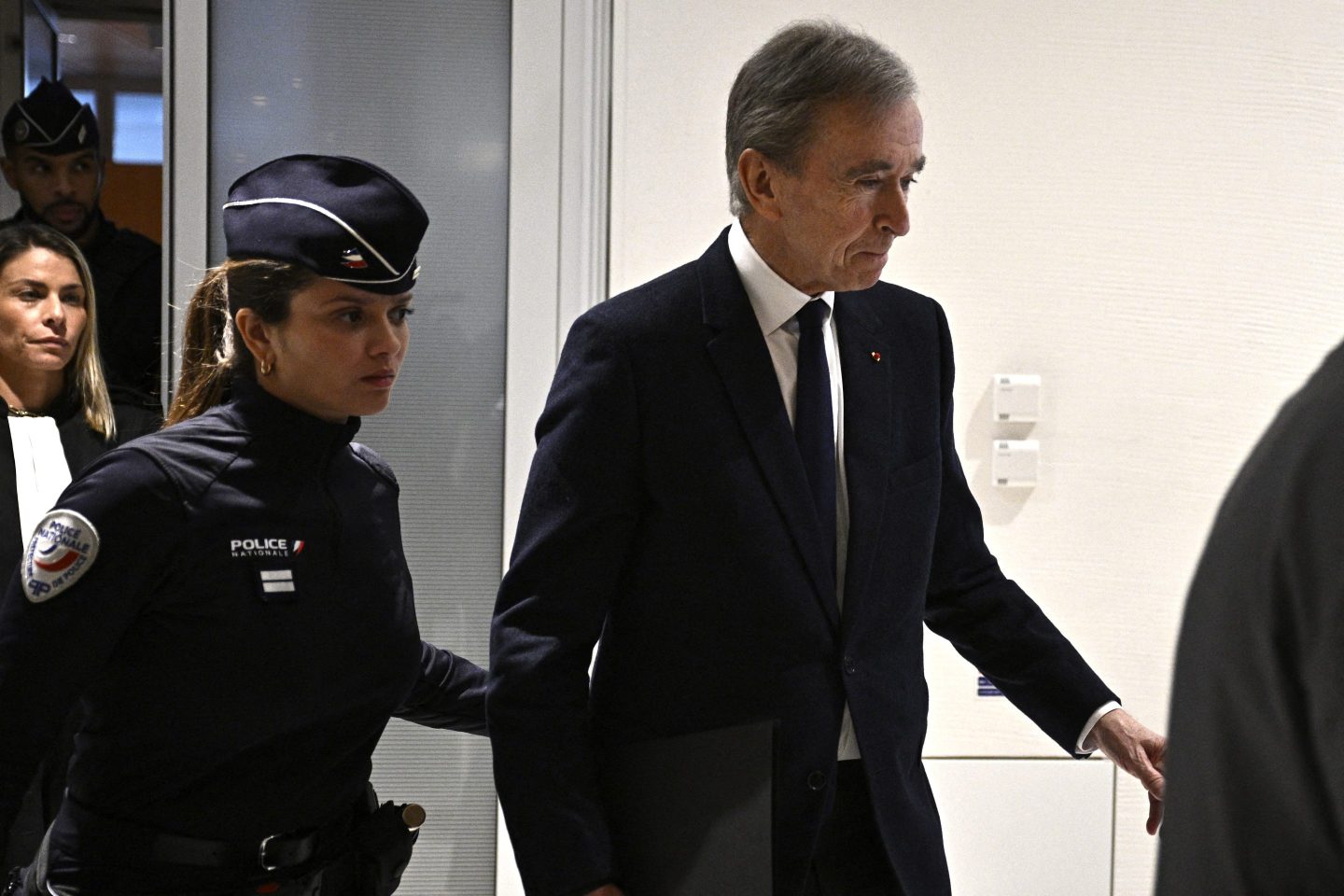French billionaire Bernard Arnault, the chairman and CEO of luxury goods giant LVMH, has firmly denied any involvement in an alleged covert operation aimed at protecting his business interests. During the high-profile trial of a former French intelligence chief, Arnault claimed he had no knowledge of the plan, which reportedly included intelligence operatives. This trial has garnered significant attention, not only because of the prominent figures involved but also due to its potential implications for the business world.
Arnault’s luxury conglomerate, LVMH, which encompasses well-known brands like Louis Vuitton, Christian Dior, and Fendi, stands as one of the largest and most influential companies globally. The case has raised alarms about the extent to which powerful business leaders might be linked to government or intelligence agencies, blurring the lines between corporate practices and national security. Arnault’s defense rests on his claim that he was unaware of the actions taken by former intelligence officials to protect the company from perceived threats.
The trial occurs at a time when the intersection of business and government influence is under heightened scrutiny, particularly regarding the use of state resources to safeguard corporate interests. Arnault’s testimony and the court proceedings could have significant repercussions for the luxury industry and the broader dynamics between business elites and state power in France.
Despite the gravity of the accusations, Arnault remains resolute, insisting that the actions of the former spy chief were outside his knowledge. As the trial unfolds, the world is closely watching to see how the case develops and whether it will shed light on the influence of powerful business figures in political and security matters.





